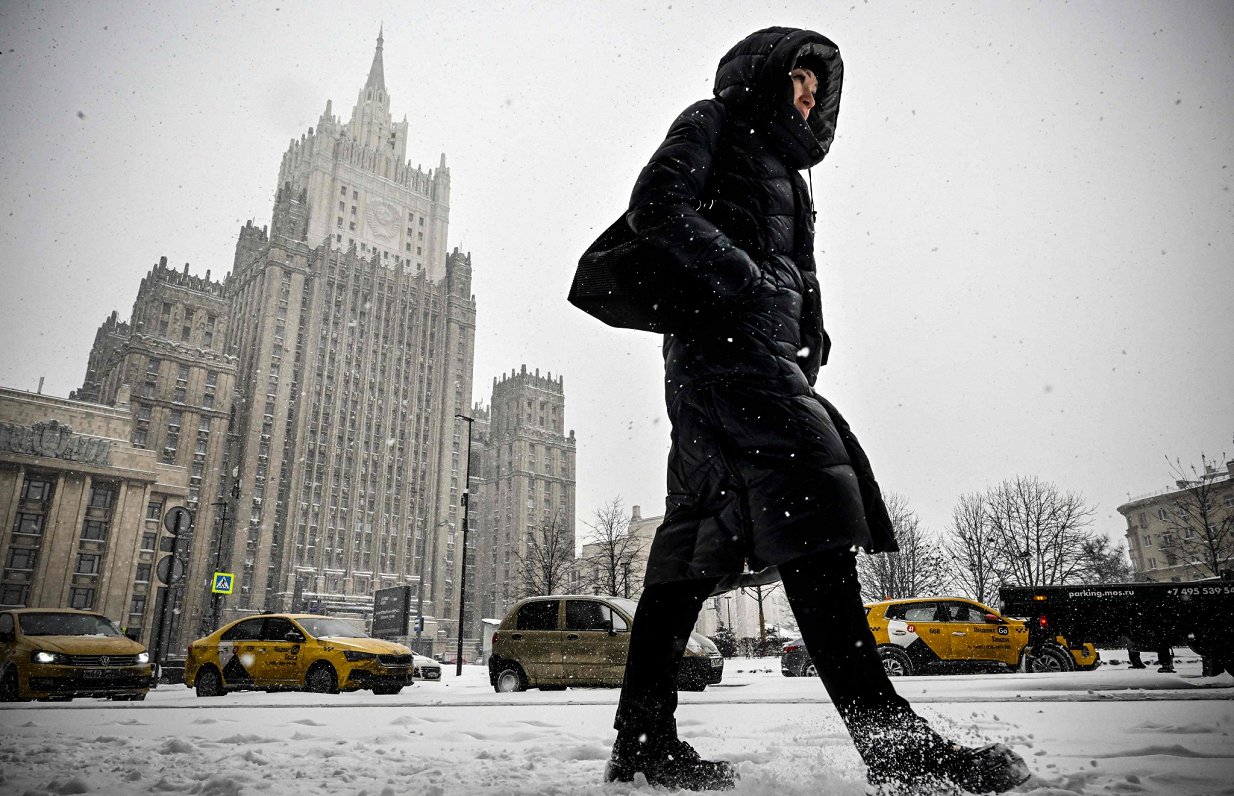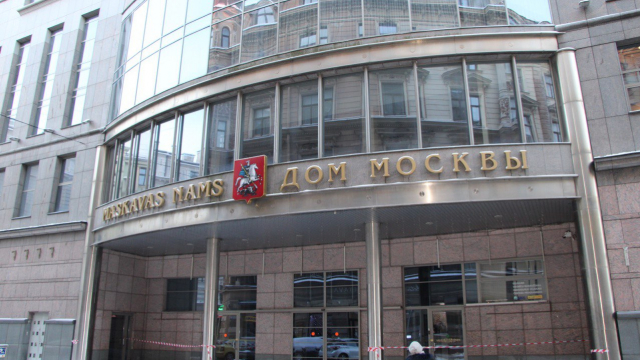A March 12 statement from the always-gonzo Russian Ministry of Foreign Affairs screeches:
"The Baltic states’ hostile policy towards Russia – namely, Latvia, Lithuania and Estonia relentlessly lobbying for sanctions against our country, their interference in Russia’s internal affairs, persecution of the Russian-speaking population, the massive barbaric campaign for the demolition of monuments to Soviet soldiers-liberators, attempts to rewrite history, the glorification of Nazism, as well as the criminal policy pursued by the Baltic states to keep sending the Kiev regime many weapons – has prompted retaliatory measures against the individuals involved in these crimes."
Russia says it has now added 347 citizens of Latvia, Lithuania and Estonia, including ministers, parliament members, public figures and journalists, to its “stop list”, effectively preventing them from doing what they had no intention of doing anyway.
The Latvian highlights supplied by the ministry of madness include the names of former Presidents Vaira Viķe-Frieberga and Egils Levits, Foreign Minister Krišjānis Kariņš, Prime Minister Evika Siliņa and Defense Minister Andris Sprūds, though the latter has the distinction of having originally been blacklisted many years ago.
"This list may be extended at any time," warned the Russian Ministry by way of farewell.
The list is notable for including people, such as the Baltic prime ministers and foreign ministers, who have made it their business to repeatedly warn their fellow citizens against visiting Russia.
In effect, Russia's move is like erecting a sign saying "Don't walk on the grass" in the middle of a concrete car lot or telling a group of fervent anti-smokers that there will be consequences if they all pull out cigars and start puffing away.
Sadly, the list supplied is not complete, but this circumstance does at least give all reasonable people the hope that they are on it.
With supreme irony, the Russian Ministry of Foreign Affairs published a release March 14 about a meeting it hosted to consider appeals from citizens of the Russian Federation who want to leave the country but are not allowed to do so.





























